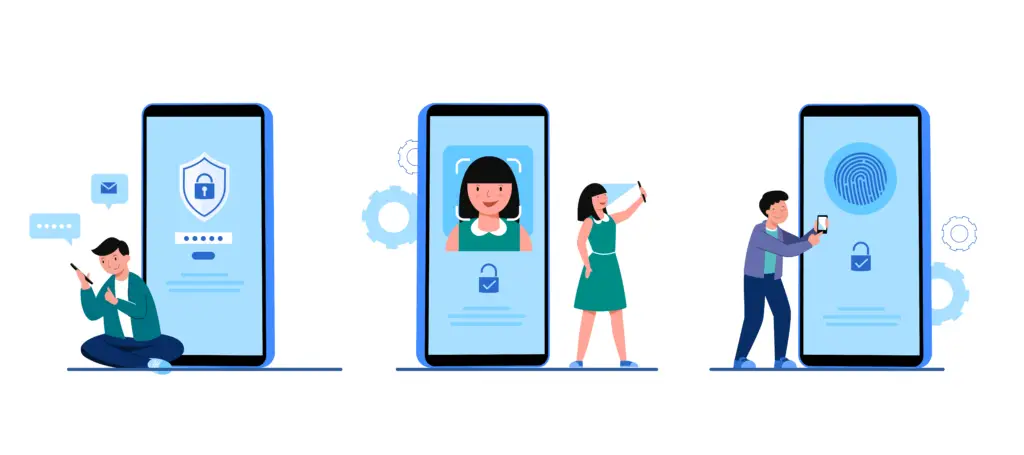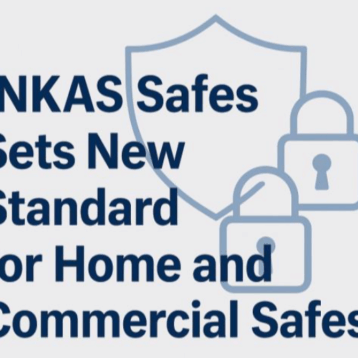In a highly digitised, dynamic, and data-driven business landscape, ensuring the accuracy and authenticity of customer data is a top consideration for businesses across various industries. One of the critical aspects related to this is phone number verification, a process that not only guarantees data integrity but also reduces fraud, enhances security, and promotes reliable communication.
In this guide, you will learn more about phone number verification APIs and why your business needs them, as well as how to choose the best.

So, What Are Phone Number Verification APIs?
To understand what phone number verification APIs are and how they work, it’s important first to define what APIs are. Short for Application Programming Interfaces, APIs are sets of protocols that facilitate communication between software applications.
The best example is the API that your phone’s weather app uses to enable you to access weather updates as often as you’d like to. Thanks to such an API, the developers of the weather app on your phone don’t have to develop it from scratch. Instead, they can use the weather API to request data from an already existing system and display it on your phone’s application.
Likewise, phone number verification APIs from reliable suppliers like Trestle connect to different resources like telecom company databases, third-party data providers, and public records to validate phone numbers. That way, businesses can verify the authenticity of the numbers that have been provided to them as leads.
Reasons to Get a Phone Number Verification API for Your Business
If you’ve been feeling like a phone number verification API is an overrated luxury for your business, here are a couple of reasons why you might be wrong:
1. Phone Validation APIs Streamline Customer Onboarding
As the first stage of interaction between a business and potential clients, onboarding is a vital process that every business should prioritise getting right. One of the foolproof ways of ensuring you are interacting with real customers is validating the information they key in to ensure it’s accurate and trustworthy.
A phone verification API is capable of streamlining this process by mining information related to the phone numbers provided during registration. That makes it easier for business operators to confirm that the number is active and associated with the customer who registered.
2. Easier to Reduce Fraud and Enhance Security With Verification APIs
Identity theft and consequently fraudulent transactions are a common challenge in multiple business landscapes today. With so much data on the internet, it’s usually only a matter of time before sensitive personal data falls into the wrong hands. There have been multiple studies and reports that have attributed most business losses to identity fraud.
If your business handles transactions of any kind, implementing a phone verification API can mitigate such risks quite easily. A reliable way of doing so is requiring all users to have their numbers verified before they can make any transactions or access personal information. That way, any account with a number that returns false details can be put on hold until further verification is successful.
3. Phone Verification APIs Enhance Campaign Conversion Rates
Promotional campaigns are only worthwhile when you’re dealing with active customers. Even if you have the best promotional campaigns, they will end up being a disappointment if your contact list is only full of non-functional numbers.
A phone number verification API reduces the chances of this happening by ensuring that you only have valid phone numbers in your database. That way, you can be sure your SMS and voice call campaigns are reaching their targets and hopefully being acted upon
4. Facilitates International Business Operations
Running a business on a global scale can be challenging, especially when you have to verify numbers. Without APIs, you would have to make serious modifications to your system, requiring a lot of time and effort to make that possible. A phone verification API makes your work easier by simplifying the verification process across multiple countries and/or regions.
With such capabilities, you can connect with customers across the globe without an increased risk of international fraud.
5. You Can Save a Lot of Money With Phone Verification APIs
Say you are running an SMS campaign requiring you to send out messages to approximately 5,000 “subscribers”, but only 2,000 are active. This means you are losing money sending messages to 3,000 numbers that are either inactive or invalid from the start.
With a phone number validation API, you will have the capability to determine the numbers that are worth sending messages to, based on their activity, and prioritise those.
Well Then, How Do You Choose an Ideal Validation API?
Now that you understand why you need a phone number verification API for your business, your next question would be what factors you should consider when choosing one. In that case, here you go:
1. Accuracy and Coverage
For a verification API to be effective enough, it should provide accurate and up-to-date information at all times. With that in mind, always dig through available information to confirm that a provider’s API is providing reliable data. You should be getting real-time information to ensure you intercept any fraud cases early enough.
Additionally, the data should come from multiple sources so you can capture as much activity related to the number as possible. And if your business operates on a much wider scale, globally perhaps, it will be ideal if you can get an API provider that offers extensive coverage, so you can verify numbers from foreign countries.
2. User Experience
Before opening your wallet to spend on a phone validator API, you will want to ensure that it has low latency at any scale since you are using it to facilitate mission-critical processes. Besides, a fast and reliable API will contribute to a smoother user experience.
Consistent availability also adds greatly to the user experience, so pay attention to that as well. Downtimes are not only annoying; they can be quite costly to your business, so this is a critical factor to pay attention to. In case there are any issues, the API should provide clear and detailed error messages to simplify the troubleshooting process.
3. Advanced Verification
Though it’s a no-brainer to select an API that makes use of the numbering block to confirm that a number has been in use and registered with a provider at some point, that alone isn’t enough. Make sure the API uses advanced verification methods to confirm the status of the number currently.
This should include confirming that the number is registered to a carrier at the moment and being able to identify the service provider. Not only that, but you should also be able to determine the active status of a number using the selected API. You don’t want to waste a lot of time and effort on inactive numbers or be marked as spam by service providers for calling such disconnected numbers.
The API should also be advanced enough to recognize line types beyond the mobile and landline categorizations. Knowing whether a user has a VoIP, toll-free, or premium line can help a business target users more productively.
4. Security Features
This one should be an obvious factor, but it doesn’t hurt to emphasise it. Get your API from a provider that follows best practices for data security and secure storage of sensitive information. That’s crucial not only for guaranteeing the safety of your customers’ data but also being regulations-compliant.
Prioritise APIs that offer additional security features like 2FA since that will boost the overall security of your verification process.
5. Pricing and Support
Make sure you get an API that is transparently and competitively priced. API providers who offer flexible pricing models are a blessing, so if you can find one, don’t hesitate to shortlist them. In addition to verifying that the API is cost-effective for your business, go with a provider that offers all the support and information you need before, and even after subscribing.
Get it Right With Trestle
Your phone verification API should not only be a tool to confirm the validity of your customers’ numbers. It should be an all-rounder capable of carrying out a myriad of tasks including carrier recognition.
Trestle offers such a product and the great support you need to make the most of your API. So whether you want to learn more or are ready to get started, you can visit their website or contact them.










